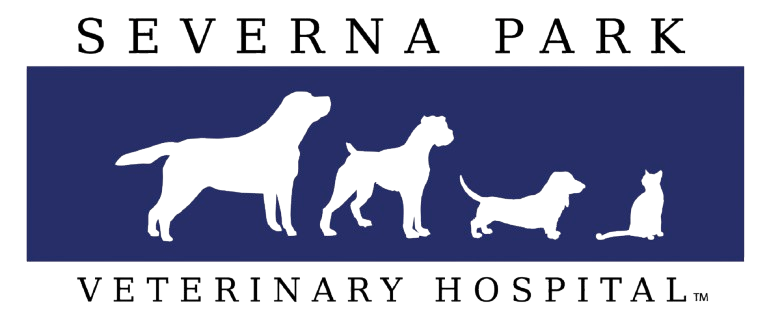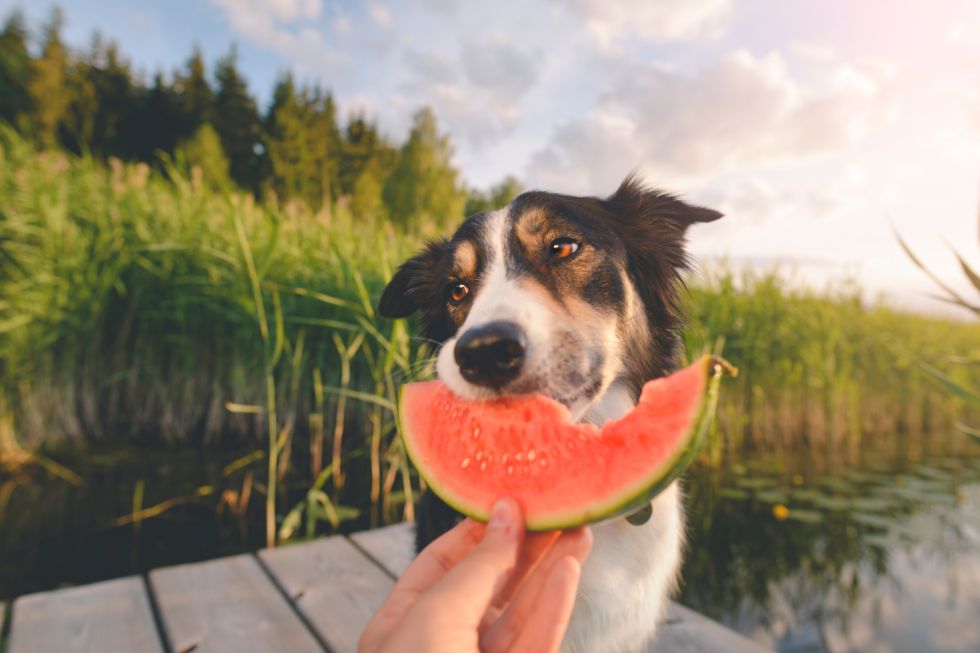Common Household Hazards
There are many common foods, medications, plants, and chemicals found in the average household that are poisonous to our pets. Some of these toxins cause only mild clinical signs, while others can cause severe illness or can even be fatal. This blog will provide you with information on some of the toxicities we see most often as a veterinary practice, but it is far from a complete list. For any suspected pet poisoning, we always recommend contacting one of the animal poison control hotlines (see end of the blog for contact information) and/or your pet’s veterinarian.
Foods:
Chocolate (Dogs & Cats)- Chocolate contains two different toxins, theobromine and caffeine. The severity of chocolate toxicity depends on the amount of chocolate eaten as well as the type of chocolate. Milk chocolate is the least toxic containing only a small amount of theobromine, followed by semisweet, then dark chocolate, and finally baking chocolate as the most dangerous. Clinical signs of a mild toxicity can include vomiting and diarrhea, but higher doses can cause restlessness, heart arrhythmias, seizures, or death.
Xylitol (Dogs)- Xylitol is an artificial sweetener found in many sugar-free gums and candies. There are also recent reports of xylitol being used as an ingredient in some brands of organic peanut butter. Even small amounts can be dangerous to dogs, causing low blood sugar, seizures, liver failure, or death.
Grapes/Raisins (Dogs & Cats)- Unfortunately the toxic agent in grapes and raisins is still unknown. There appears to be an ‘individual sensitivity’ in dogs which means some dogs can tolerate small amounts without an issue while other dogs develop poisoning after eating just a few grapes or raisins. Currently, there is no way to predict which dogs are more sensitive. The signs of grape or raisin toxicity may include vomiting and diarrhea, or in more severe cases, kidney failure.
Onions/Garlic (Dogs & Cats)- Onions and garlic contain an oxidizing agent which can break down red blood cells. Toxicity depends on the size of your pet and the amount eaten. Clinical signs include vomiting and diarrhea in mild toxicities. More severe toxicities may cause a low red blood cell count (anemia) and kidney damage.
Raw Yeast Dough (Dogs & Cats)- If ingested, raw yeast dough can expand in the stomach causing a blockage. It can also lead to the formation of ethanol in the intestinal tract and at a high enough dosage can cause alcohol poisoning.
Prevention and Emergency Contacts:
As pet owners, we all do our best to protect the animals we love from harm. We recommend “pet proofing” your house to minimize the risk of exposure to some of these common household poisons. However, even in best homes with the most proactive owners, accidents sometimes happen! In the case of a pet poisoning emergency, the following animal poison helpline numbers are recommended:
Pet Poison Helpline, 855-764-7661, http://www.petpoisonhelpline.com
ASPCA Animal Poison Control Center, 888-426-4435, www.aspca.org/pet-care/animal-poison-control
Both hotlines are teamed by pet poisoning specialists who will make specific recommendations based on your pet’s poisoning emergency. If veterinary attention is recommended, please contact our office or your pet’s regular veterinarian immediately. If after hours, contact a local 24-hour emergency hospital such as AAVEC (410-224-0331) or Dogs & Cats Emergency and Specialty (301-809-8800).

